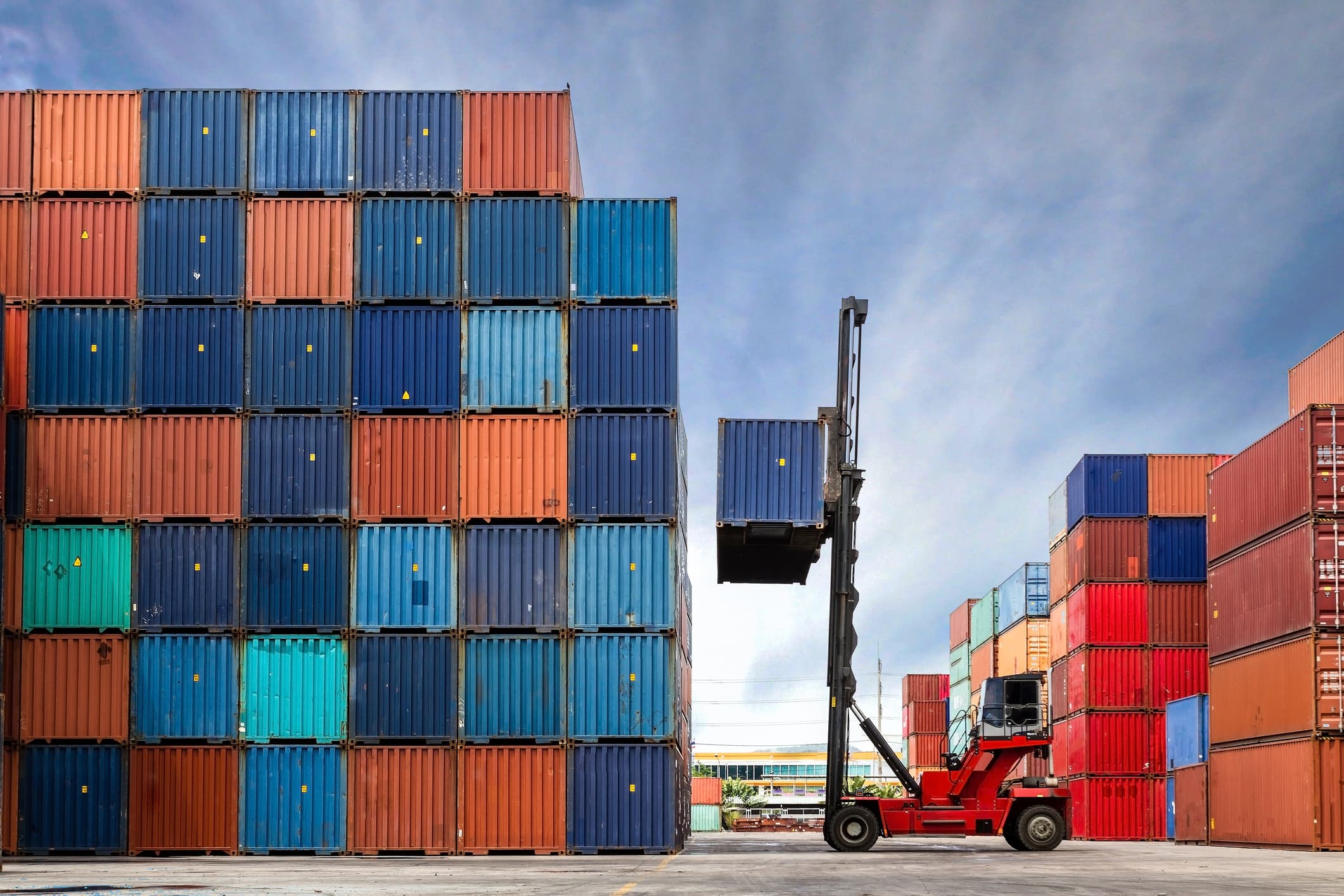Shipping containers have evolved far beyond their original purpose of transporting goods across oceans. Today, they are at the forefront of innovative solutions in various industries, from housing to retail. This blog explores the growing trend of repurposing shipping containers, highlighting their versatility, sustainability, and the myriad of applications that have captured global interest.
The Multifaceted Utility of Shipping Containers
Shipping containers are essentially large, standardized metal boxes used for transporting goods. However, their robust construction and uniform dimensions make them ideal for numerous other applications. The trend of repurposing shipping containers has gained momentum for several reasons, including their durability, affordability, and modular nature.
Housing and Accommodation
One of the most popular uses for repurposed shipping containers is in the housing sector. Container homes have become a symbol of modern, sustainable living. These homes are not only cost-effective but also eco-friendly. By reusing containers, builders reduce the need for traditional construction materials and minimize waste.
Container homes are also highly customizable. Homeowners can combine multiple containers to create larger living spaces, add windows, doors, and insulation, and design interiors that rival conventional homes in comfort and style. The use of shipping containers in housing is particularly beneficial in areas where traditional housing is expensive or scarce.
Commercial and Retail Spaces
Businesses are also leveraging the unique attributes of shipping containers to create innovative commercial spaces. Pop-up shops, cafes, and even full-scale retail stores have been constructed using these containers. Their mobility allows businesses to set up shop quickly and relocate as needed, providing a flexible solution for entrepreneurs.
Shipping container markets have become a global phenomenon, offering vibrant and dynamic shopping experiences. These markets often feature a mix of retail, food, and entertainment, attracting tourists and locals alike. The modularity of containers enables vendors to create eye-catching designs that stand out in crowded urban landscapes.
Sustainability and Environmental Impact
The environmental benefits of repurposing shipping containers are significant. By giving a second life to these metal boxes, we reduce the need for new construction materials and decrease the carbon footprint associated with manufacturing and transporting those materials. Additionally, container-based construction generates less waste compared to traditional building methods.
Containers are designed to withstand harsh marine environments, making them incredibly durable. This longevity translates into a lower need for repairs and replacements, further contributing to their sustainability. The concept of upcycling containers also aligns with the principles of a circular economy, where resources are reused and repurposed to minimize waste.
Disaster Relief and Emergency Housing
Shipping containers have proven to be invaluable in disaster relief efforts. Their strength and portability make them ideal for quickly deploying emergency shelters in areas affected by natural disasters. Organizations can transport containers filled with supplies to disaster zones, and once emptied, these containers can be converted into temporary housing or medical clinics.
The ability to rapidly deploy and set up container-based structures can save lives and provide much-needed stability in the aftermath of disasters. Their modular nature allows for scalable solutions, accommodating various needs from individual shelters to larger community centers.
The Future of Shipping Container Innovations
As the trend of repurposing shipping containers continues to grow, new and exciting applications are emerging. Architects and designers are constantly exploring innovative ways to utilize these versatile structures. Some of the future trends we can anticipate include:
Urban Farming and Green Spaces
Shipping containers are being transformed into urban farms, contributing to local food production and sustainability. By using hydroponic or aquaponic systems, these container farms can produce fresh produce year-round, regardless of external weather conditions. This approach not only promotes food security but also reduces the carbon footprint associated with transporting food over long distances.
Modular and Prefabricated Construction
The construction industry is increasingly adopting modular and prefabricated methods to improve efficiency and reduce costs. Shipping containers fit seamlessly into this paradigm, allowing for off-site fabrication and quick assembly on-site. This method is particularly beneficial for large-scale projects where time and budget constraints are critical.
Innovative Office Spaces
The trend of remote work and flexible office spaces has opened new opportunities for container-based offices. Companies are creating unique, adaptable workspaces using shipping containers, which can be easily expanded or relocated as needed. These offices offer a modern, industrial aesthetic that appeals to many businesses and employees.
Conclusion
The versatility and sustainability of shipping containers have sparked a global trend of repurposing these robust structures for various innovative applications. From housing and retail to disaster relief and urban farming, the potential of shipping containers is virtually limitless. As we continue to explore new ways to utilize these metal boxes, the impact on environmental sustainability and urban development will be profound.
For those interested in diving deeper into the world of shipping containers, resources like Tiger Shipping Containers provide a wealth of information and practical solutions for integrating containers into various projects. Whether you’re an entrepreneur looking to start a pop-up shop, a homeowner interested in building a container home, or an organization planning disaster relief efforts, shipping containers offer a flexible and sustainable option worth considering.
The trend of repurposing shipping containers is not just a fleeting fad; it’s a testament to human ingenuity and our ability to find creative solutions to modern challenges.


